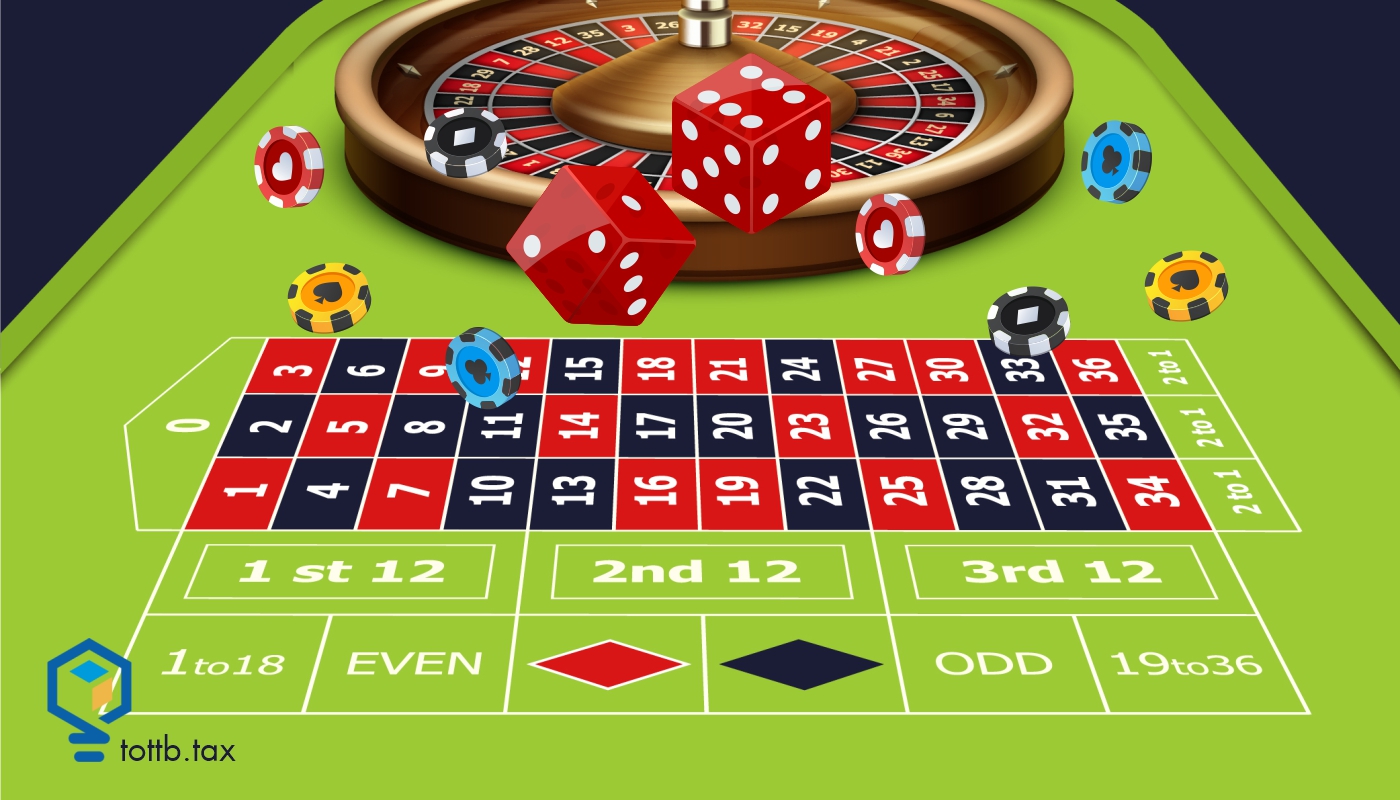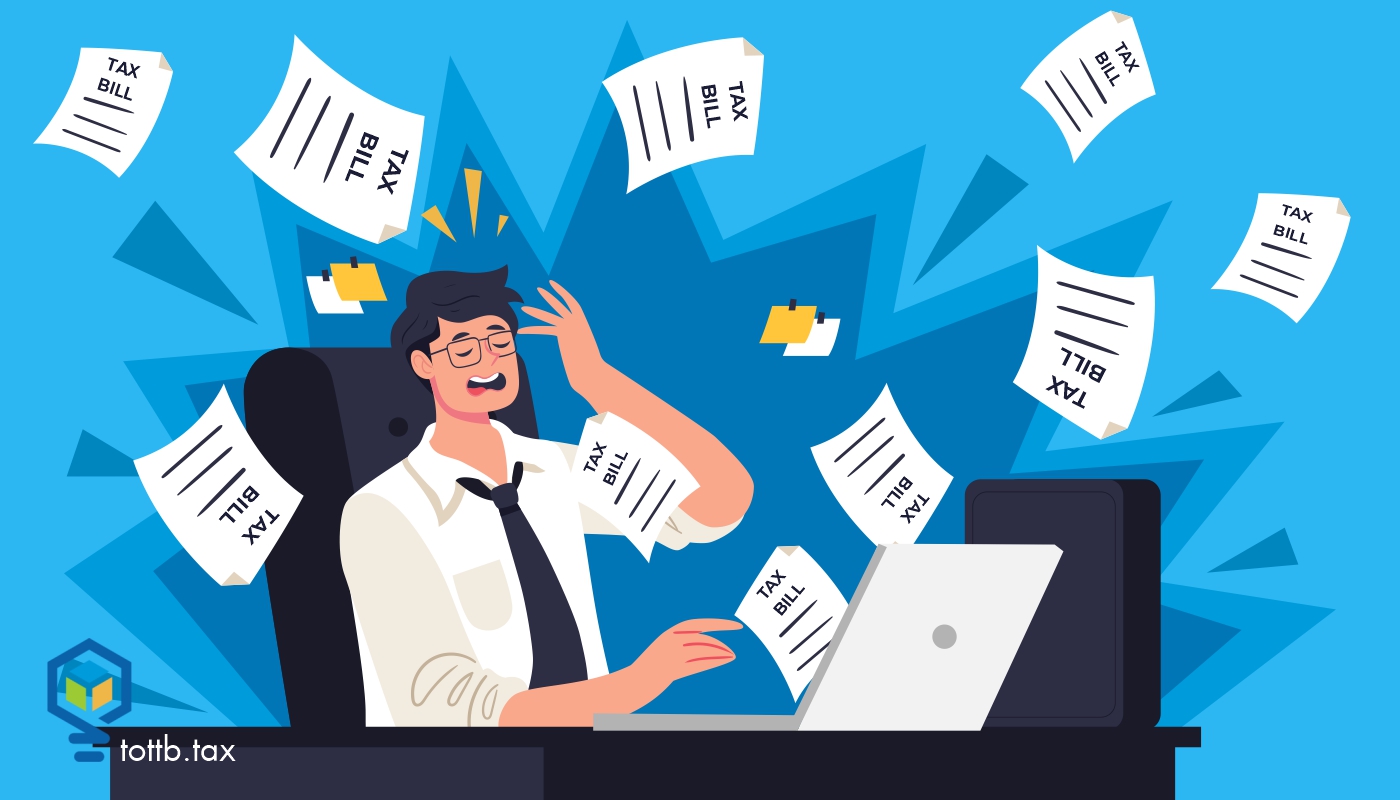CURRENT EDITION

Contracts, Signing Bonuses, and the Substantial Presence Test
In tighter job markets, recruits are often offered signing bonuses (and sometimes moving expenses) to join a firm. Sometimes construction workers temporarily relocate to jobs in other states while they are employed by the company that hired them in their home state. This article reviews some of the foundational tax concepts to consider when evaluating sourcing of income for state tax purposes.
READ MOREBuilding a Strong Personal Brand as an Accountant: Strategies for Success
What is a personal brand? If you asked me that question in 2018, I would not know how to answer it. As I embarked on my journey to entrepreneurship, I took on any accounting-related project that came my way. I had yet to learn about the meaning of a personal brand. Fast forward to 2020, I launched my CPA firm just before the COVID shutdown. While established CPA firms could sustain or pivot to new services, I still had to figure out how to get clients, build my online presence, and establish trust to create my brand. I learned on my journey that in today’s competitive landscape, a personal brand has become more critical than ever. Professional success is directly related to one’s brand, especially in service-based industries such as accounting. Surveys show that more business owners and young entrepreneurs are looking for accountants they can rely on for not only their technical skills and qualifications but also for a personal connection. Therefore, creating a solid personal brand distinguishes accountants from the rest of the crowd, enhances their credibility, fosters loyalty, and opens doors for new opportunities. I will share my experience, dive into the significance of a personal brand for accountants, and provide actionable strategies to help you build a solid personal brand that resonates with your target audience.
Read MoreSalt Miner’s Run for the Roses Ends with a Big Tax Bill
Judge Mark Holmes of the United States Tax Court expressed admiration for the achievements of Joseph G. Bucci Sr. whose American Rock Salt provides the salt to keep many of the streets in the Northeast passable in the winter. You can learn a bit about that from an interview in New York by Adriane Quinlan . The positive remarks were no help in the ultimate result. Judge Holmes agreed with the IRS that Bucci’s three side hustles — a real estate enterprise, a farm, and some racing horses — were “Activities not engaged in for profit” making losses unallowable. The total tab including accuracy penalties for 2016 and 2017 was $711,980. Judge Holmes explained the result in a bench opinion, which is less formal than a memo decision. The trial began in Buffalo on June 14, 2023.
Read MoreInjured Spouse Relief
“It feels like a sucker punch to the gut.” I was on the phone with a client who was a newlywed and filing with their new spouse for the first time. They kept their paycheck withholding as single. So, they were anticipating a larger than usual tax refund. Like a lot of taxpayers, they spent their refund before they even received it. Each day, they were checking “Where is My Refund ?” and even their IRS account. Then, it happened. Code 898: Refund applied to non-IRS debt . It looked as if they wouldn’t receive that refund they already spent. Now, my client did not know what to do. Before getting married, my client’s spouse told them, “I never get a tax refund.” But they failed to mention why they never got a refund. Honestly, they did not know what their refund was paying for. We later found out that each year the Treasury Department garnished the refund for back child support. My client knew their spouse had child support but did not know they were behind on it. If you have a client in this situation, all hope is not gone. I could help my client find out what offset the tax refund. We could also get a portion of the refund back. You can do the same thing for your client. That is assuming that one spouse is not liable for the debt that offset the tax refund. The IRS calls this injured spouse relief. I’ll walk you through how you can help your client with their refund garnishment sucker punch. Yes, you can help them get their part of the refund back. Let’s start with what injured spouse relief is. Then we’ll look at who qualifies as an injured spouse and how to request injured spouse relief.
Read MoreTAX COURT ROUNDUP – September 2023
This roundup will spend a lot more space than usual on one story, because it’s the biggest of the year in Tax Court so far...
Read MoreTax Rules and Due Diligence for Gambling
The vast range of taxable income and possible deductions and credits an individual may have for federal and state purposes creates a sizeable list of questions to ask clients annually. Regarding types of taxable income alone, the possible sources are almost too numerous to ask. So, is it enough for practitioners to ask for information reporting forms plus a general question about other sources of income? In 2021, the IRS expanded Schedule 1 (Form 1040), Additional Income and Adjustments to Income, changing line 8, “Other income. List type and amount” to lines 8a to 8p to highlight 16 specific types of “other income” with line 8z added for reporting any other income types. One of the specific income types at line 8b is for gambling income. Possibly the detailing of the Form 1040 other income line starting in 2021 signals that the IRS wants self-filers to be aware of what is taxable and that tax preparers should ask clients more questions. In addition to reviewing the tax rules for casual gamblers, two Tax Court bench opinions issued this year are to highlight recent gambling issues the IRS found. The opinions explored the tax gap from gambling activities along with its relevance to due diligence considerations for individuals and tax advisers.
Read MoreTax Planning for Gig Workers
The gig economy has opened moneymaking avenues for taxpayers who otherwise might have trouble making ends meet. But hustling has a price: Gig jobs also ignite tax complications that many of those workers probably don’t know about. Learning about those obligations too late can cost gig workers back-tax penalties and interest. They can also result in those workers sabotaging their own tax situation and paying too much money to the government. What do gig workers need to know about their complicated tax situation?
Read MoreAvoid Surprise Tax Hits When Using a Corporation for Your Business
Many taxpayers use S corporations (governed by Subchapter S of the Internal Revenue Code) or C corporations (governed by Subchapter C of the Internal Revenue Code) to legally reduce income taxes, payroll taxes, and self-employment taxes for their business. However, without careful planning, a taxpayer may have a surprise tax bill from using a corporation for federal tax purposes. This article will tell you when these unexpected tax hits can happen and how the taxpayer can avoid them with proper planning.
Read MoreIs the Augusta Rule a Tax Haven or a Ticking Time Bomb? New Tax Court Memo Cautions Users
Sure, the Augusta Rule can be a game-changer for your finances—but only if you tread carefully. Get one element wrong—be it your business structure, purpose, or documentation—and you could be inviting the taxman to your doorstep. And don't even think about going it alone; if your tax pro isn't well-versed in this complex write-off, you're essentially rolling the dice on an audit nightmare. The Augusta Rule has lately become the talk of the town on TikTok's tax scene, capturing the attention of both amateur bloggers and seasoned tax experts. In this article, we'll demystify what the Augusta Rule really entails, identify who stands to benefit from it, explore legal ways to leverage it, and highlight potential risks you should be aware of. First, let's delve into its fundamentals. Read on to find out how to navigate this high-stakes tax strategy without detonating your financial future.
Read MoreNOT A MEMBER YET?

SUBSCRIBE TO GET ALL OF OUR
GREAT ARTICLES AND RESOURCES!
CURRENT EDITION

Contracts, Signing Bonuses, and the Substantial Presence Test
In tighter job markets, recruits are often offered signing bonuses (and sometimes moving expenses) to join a firm. Sometimes construction workers temporarily relocate to jobs in other states while they are employed by the company that hired them in their home state. This article reviews some of the foundational tax concepts to consider when evaluating sourcing of income for state tax purposes.

Help Clients Rebuild Tax Records After Disaster
Tax pros help clients with a lot of catastrophes: wrangles with tax authorities, paltry nest eggs, more wrangles with tax authorities. More frequently, your clients might face a more tangible and cinematic disaster. These days, there’s always a storm comin’. Swept away in that destruction, for many people, are physical tax and financial records. A few precautions could have prevented such loss and made life at least a bit easier for victims. Here’s how to help clients head off trouble – and recover after it hits.

George M. Cohan’s Tax Triumph: The Rise and Erosion of the Cohan Rule
The Cohan rule is named for George M. Cohan. George Michael Cohan (1878 – 1942) was a theatrical producer. In the decade before World War I, he was called the “man who owned Broadway” and is considered the father of American musical comedy. In 1940 he was awarded the Congressional Gold Medal for his contribution to morale during World War I with his songs “You’re a Grand Old Flag” and “Over There,” the first time the medal was awarded to someone in an artistic field. But his most enduring legacy may be the tax rule that shared its name.









